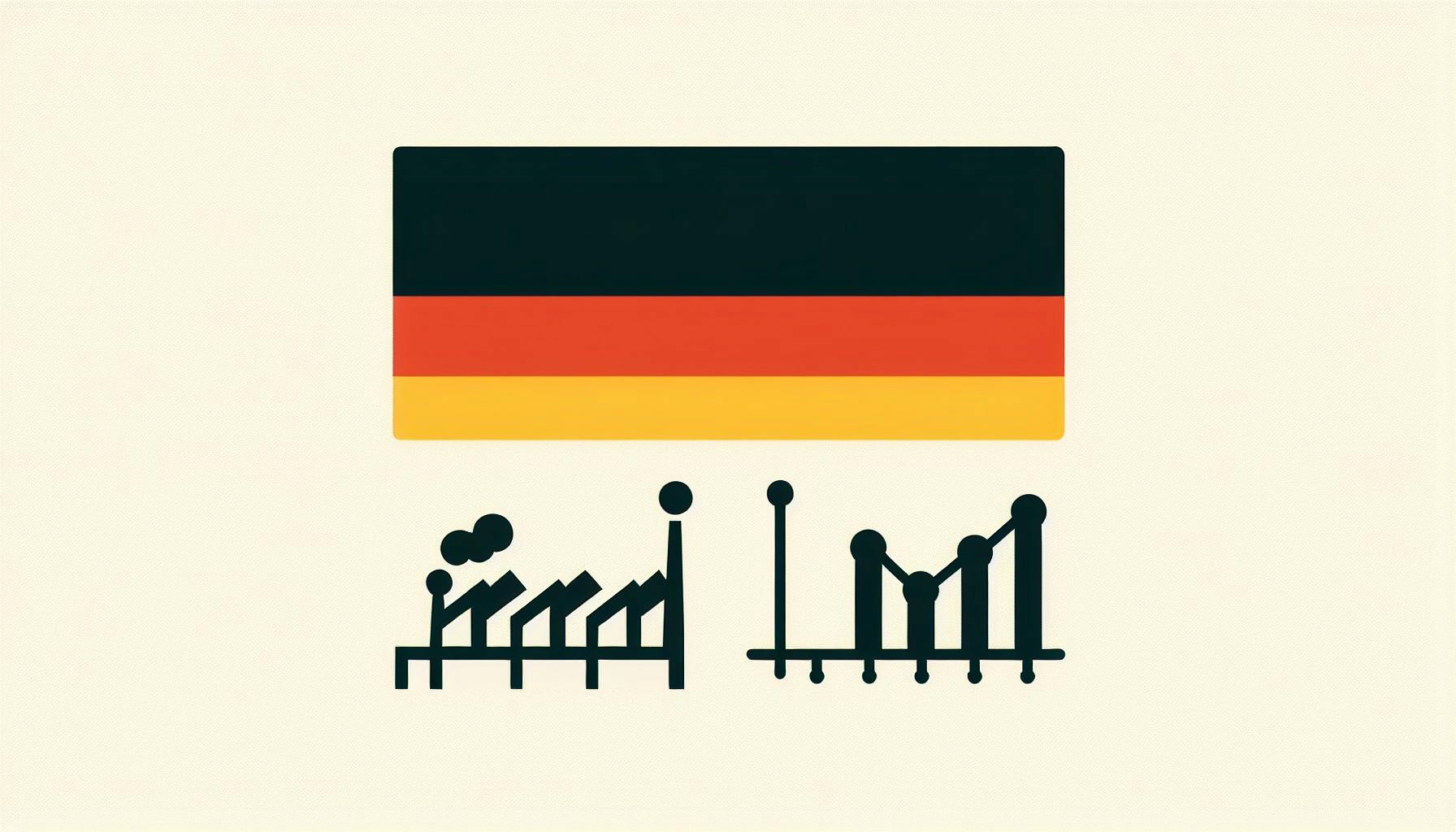According to the German chambers of commerce and industry (DIHK), Germany’s economy is expected to face a period of stagnation this year. While this forecast is more optimistic than previous predictions of a 0.5% contraction, it suggests that Germany’s hoped-for robust recovery may not come to fruition. The DIHK now projects minimal growth, driven primarily by a modest 1.0% increase in private consumption. Inflation is also expected to ease significantly from the previous year, offering some relief to consumers.
Despite some positive expectations among businesses, a survey of 24,000 companies revealed that widespread economic revival has not yet occurred. The DIHK sentiment index, though showing signs of improvement, remains below average at 97.2, indicating lingering pessimism among businesses. This reflects larger issues within the euro zone as inflation eases but sluggish growth emphasizes the need for structural economic reforms. Policymakers and businesses must carefully navigate these uncertain waters, finding a balance between short-term relief measures and long-term strategies to promote sustainable growth.
For markets, Germany’s economic stagnation presents a challenging landscape for investors. With a mixed business climate and only a portion of companies reporting a good situation, cautious market movements may be expected. Investors should keep an eye out for sectors showing resilience in the face of stagnation while being cautious of those most impacted by the economic slowdown



